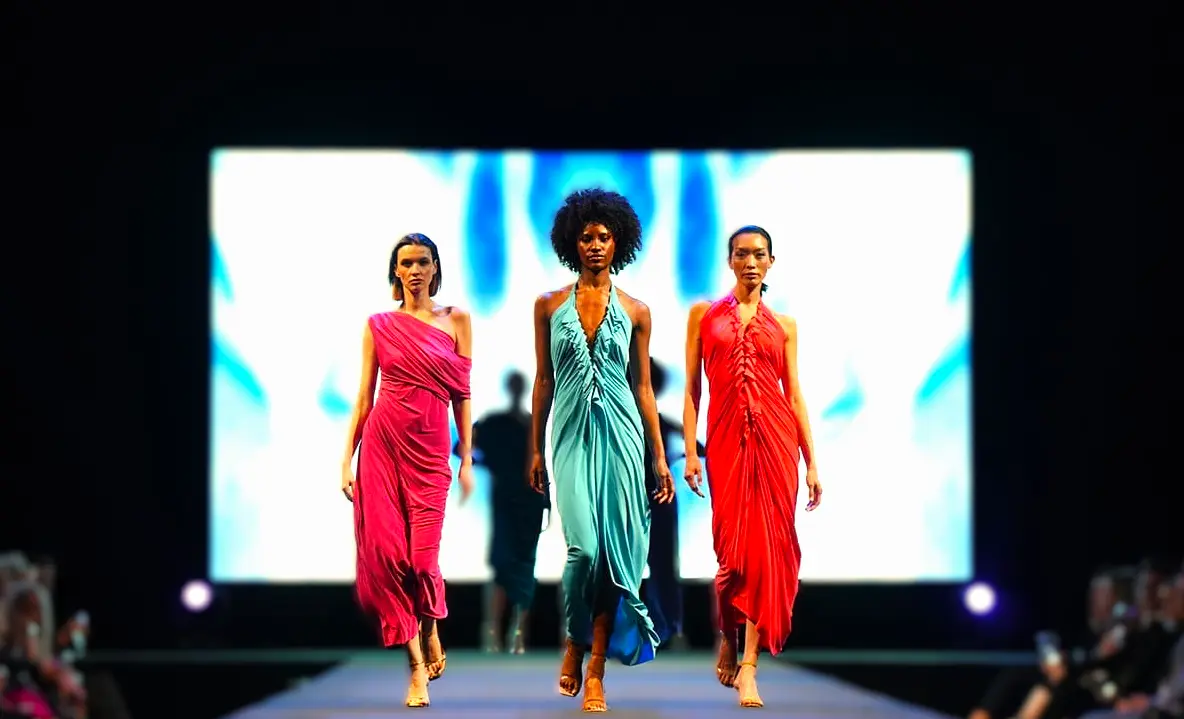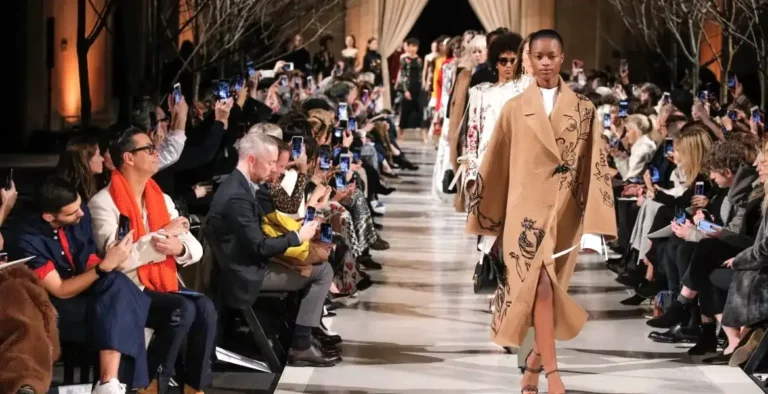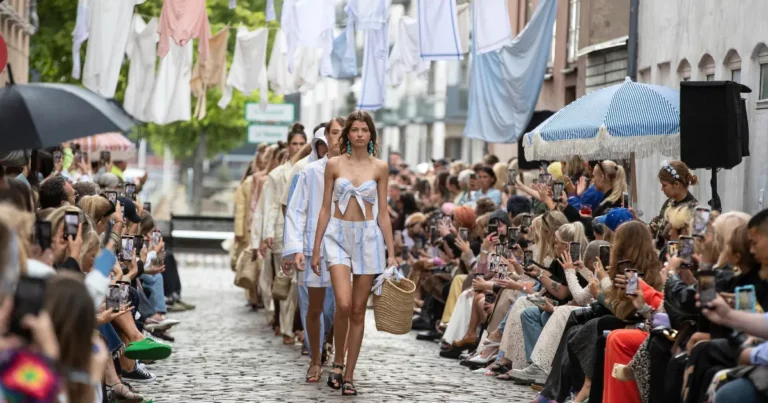Amsterdam Fashion Week Schedule and Location 2024
On the global fashion calendar, Amsterdam Fashion Week (AFW) is a major event where designers, fashion aficionados, and industry professionals meet. It is not going to be different this year as it will entail a lineup of shows, presentations and events that celebrate creativity and innovation in fashion.
Schedule
Day 1: Opening Night
Kickoff Gala: Exclusive collections from renowned designers are exhibited during this glamorous opening night event.
Special Performance: Live music and performances set the tone for the week.
Day 2: Emerging Designers
Morning Shows: They showcase new talent by featuring emerging designers.
Afternoon Presentations: Interactive presentations and installations.
Evening Runway: Established brands unveil their latest collections.
Day 3: Sustainable Fashion Focus
Workshops: Discussions on sustainable practices in fashion.
Eco-Collections: These runway shows feature eco-friendly designs.
Panel Discussions : Experts from within the industry discuss about sustainable future of fashion.
Day 4 : Streetwear & Avant-Garde
Street Style Showcase – Celebrating Urban Fashion trends!
Avant-Garde Runway — Where bold experimental designs take center stage!
Closing Party – A networking event for attendees and participants!
Location
Amsterdam Fashion Week’s main venue at Westergasfabriek, situated in the heart of the city, makes it possible to see all those stunning buildings. The historical site combines modern facilities with industrial excellence creating an ambiance that inspires both aids or assists participants to do their thing within Amsterdam Fashion Week scenery [Catherine].
Amsterdam’s Fashion Background: a concise historical overview
The history of fashion in Amsterdam is marked by its cosmopolitan and liberated tradition, as well as the influences it has had from a variety of sources. Its fashion scene has thus changed significantly over the years from traditional Dutch clothing to modern streetwear.
Early Influences
Traditional Costume: During the 1600s, Amsterdam served as an economic center. The staphorst was one example of traditional Dutch costume, which usually came with beautiful patterns and bright colors, typically accompanied by wooden shoes.
Golden Age Fashion: There were wealthy merchants in Amsterdam who shaped the fashion at that time. This led to luxurious fabrics and elaborate garments which revealed their wealthiness and social class.
20th Century Developments
Aftermath of War: After World War II, a revolution happened in Amsterdam. Max Heymans introduced haute couture that blended classic styles with contemporary designs.
Youth Movements: By way of countercultural movements embracing bold patterns and vibrant colors, this city exhibited liberal attitudes in the 1960s and 1970s.
Modern Era
1990s and 2000s: In relation to avant-garde fashion, designers such Viktor & Rolf became popular both locally as well globally making them internationally renowned brand names. Their stagey costumes went against some established traditions of fashion.
Sustainable Fashion: A number of designers have been focusing on eco-friendly practices in recent times due to the commitment of this city to environment conservancy.
Amsterdam Fashion Week
Inception: Since its inception in 2004, Amsterdam Fashion Week has grown into one of the major events on the global fashion calendar that showcases young talents as well as established ones.
Focus on Innovation: This event promotes creativity and innovation, with an emphasis on sustainability through fashion-forward clothing designs.
Street Style
Influence: Multiculturalism affects Amsterdam street style greatly resulting in eclectic mix. It is a mixture of casual wear, vintage clothing and high fashion.
Key Features: Often times, people in this city prefer comfortable practical clothes which are creatively layered and accessorized.


